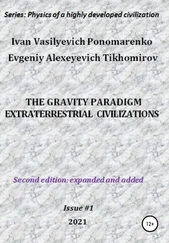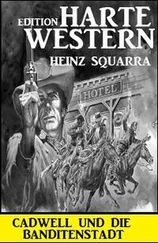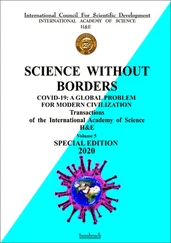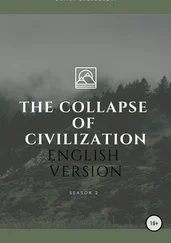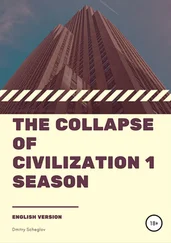The wealth and prosperity of the Pax Romana began to decline during the first half of the second century after the Empire ceased to expand. Though the wealth and prosperity of the Empire declined, the cost of government escalated. The imperial budget increased by at least 25% during the third century. Rising costs for the army, bread, and circus for the masses in Rome, a growing government bureaucracy, and expensive wars all contributed to the rising costs. Commodus increased the soldiers' pay, which was then doubled by Septimius Severus (142–211). During Marcus Aurelius' reign a daily distribution of pork, oil, and bread was given to the urban poor. As apathy became more and more prevalent, government expenditures on public spectacles such as gladiatorial contests became a significant part of the imperial budget.
There was a decline in the population beginning in the second century. Though its exact cause is uncertain, no doubt the devastating impact of the plague which ravaged the Empire during the latter part of the second century, and again in the middle of the third century, contributed to it. The first outbreak may have killed a quarter of the population by 180. During the second outbreak, between 252 and 267, about two‐thirds of the population of Alexandria perished. Alexandria was the economic heart of the Empire. Such a blow to the city had a negative impact throughout the Empire. At its height, 5000 people a day are believed to have died in Rome. The Empire never fully recovered from the economic and psychological effects of the plague.
Inflation and depreciation of the currency both contributed to, and were in turn caused by, the economic decline. A denarius , the equivalent of a day's wages, lost 80% of its value by the reign of Augustus, and 98% by the reign of Diocletian (244–311). The economic woes were made all the more significant by the growing pressures along the frontiers from the Germans in the north and the Persians in the east.
Marcus Aurelius was forced to spend much of his reign along the Danube River frontier holding back the Germans. Defending the frontiers became a major preoccupation of his successors, many of whom were generals who “militarized” the administration of the Empire. After the murder of Commodus in 192, chaos reigned in Rome until Septimius Severus restored order in 196.
Severus was basically a military man. He was born in North Africa and had little regard for Rome or its residents. He introduced reforms that had the effect of transforming the Principate into a thinly veiled military dictatorship. Much of the work of governing the Empire at all levels was taken over by the army. But as more and more soldiers were used for non‐military functions, fewer were available to defend the frontiers.
Severus' eldest son and successor, Caracalla (188–217), resorted to buying off the barbarians for peace, while granting a 50% increase in wages to the Roman soldiers. He unsuccessfully tried to solve the financial crisis by reforming the currency. He granted citizenship to all free men in the Empire in 212 in an attempt to shore up popular support for the Empire and increase tax revenue.
Another practice with fateful consequences for the future of the Empire, was that of inviting German tribes along the frontiers to settle just inside the borders, become “Roman,” and join in the defense of the Empire. With time, this practice led to a “barbarization” of the army. During the fifth century, when the Germans came pouring into the Empire, they were no longer met by the traditional disciplined Roman legions of the late Republic and early Empire, but by Roman legions made up of Germans who fought like Germans. The military advantage was lost, and with it, the Empire in the West.
Caracalla's immediate successors, Elagabalus (203–222) and Severus Alexander (208–235) were mere teenagers when they donned the imperial purple. Both were murdered. Maximinus (173–238) was the first Roman Emperor not born a Roman citizen. He could barely speak Latin and was the first of 26 emperors known as the “Barracks Emperors” who reigned between 235 and 285. All were soldiers. Only one died a natural death.
No one thing can be pointed to as “the cause” of the fall of the Roman Empire in the West. But the inability of the central government to provide peace and law and order at the local level was certainly one of the most important causes of the decline. During the era of the Barracks Emperors, several provinces tried to separate from the Empire and govern themselves. Trade was hampered. The Empire was an urban empire, a collection of cities tied together by trade. When the trade was interrupted, the cities began to die, and with them the Empire.
A major overhaul of the imperial government was undertaken at the end of the third century by Diocletian (244–311) in a bold attempt to halt the downward spiral. He sought to solve the problem of succession by setting up a new form of administration known as the Tetrarchy. The administration of the Empire was divided between four men with power divided on a territorial basis. The Empire was divided in half with Italy in the West. Each half was divided into two administrative districts. There were two co‐emperors, one in the West and one in the East, with the title “Augustus.” Each Augustus had a junior emperor with the title “Caesar.” None of the four chose Rome as his capital. The plan was for each Caesar to move up and become the Augustus upon the death of his senior partner. Thus, was a smooth succession to replace the civil wars that followed the death of an emperor. It did not work.
Diocletian and his co‐emperor, Maximilian (c. 250–310), retired in 305. Instead of a smooth succession, civil war broke out once again. By 310, there were five rival Augusti. The victor in 324 was Constantine (272–337) son of Constantius (250–306), who served as Caesar in the West between 293 and 305 and as Augustus, 305–306. Constantine ruled alone from 324 until his death in 337. In 330, he moved the capital to “New Rome,” later renamed Constantinople (today's Istanbul) in his honor, located on the site of the ancient Greek city of Byzantium on the Bosporus Strait.
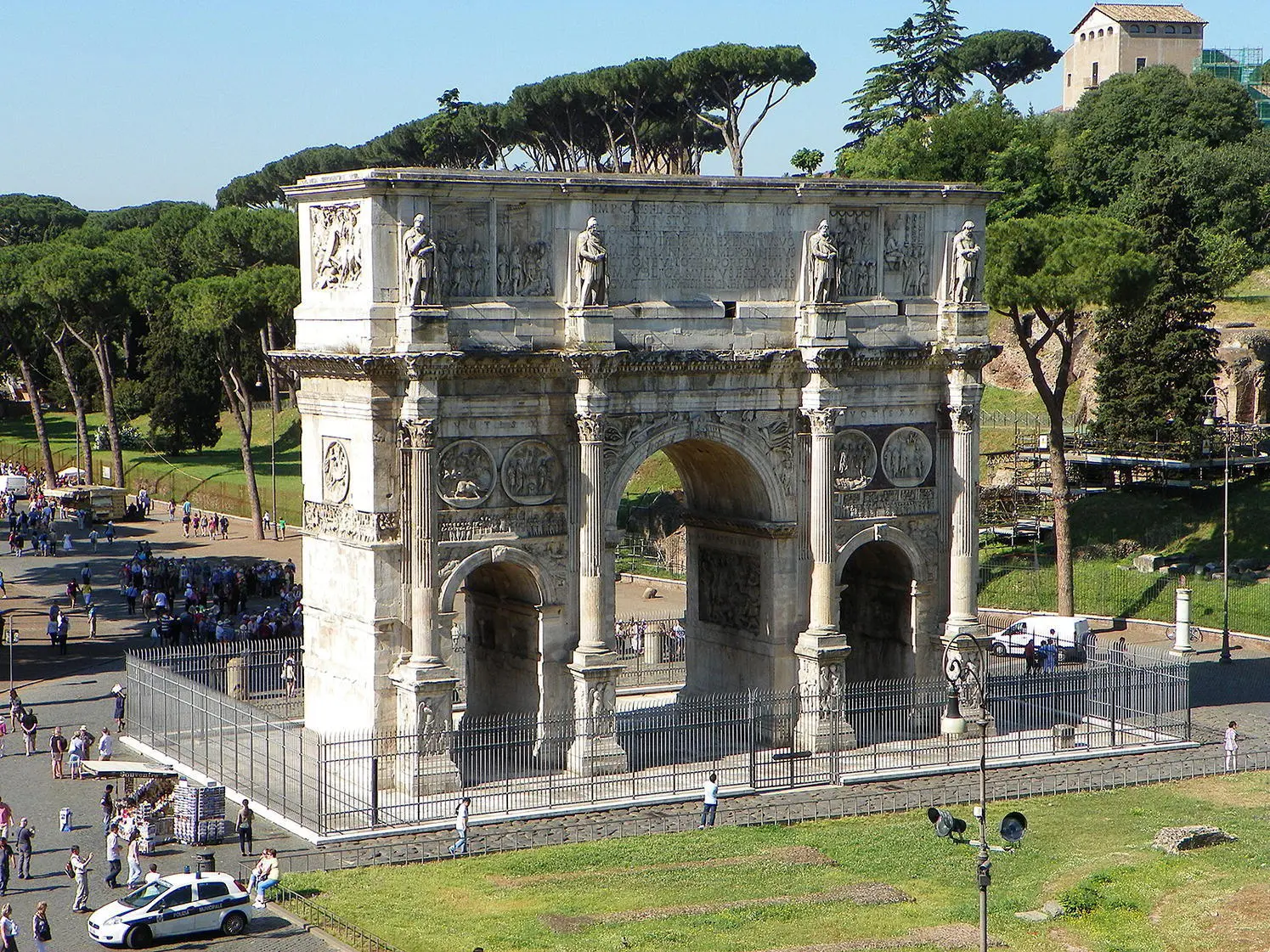
Figure 3.3The Arch of Constantine in Rome commemorates Constantine's victory Battle of Milvian Bridge in 312.
Source: Photo courtesy of Bruce Erik Bezaire, private collection.
In addition to the Tetrarchy, Diocletian instituted other reforms. He attempted to establish a uniform and stable currency. He issued the Edict of Maximum Prices in 301 in an attempt to deal with inflation. A maximum price was set for each kind of labor and article. Also, individuals were frozen in their occupations and place of residence. None of these reforms really worked, despite the threat of death for violating them.
Constantine's reign resulted in the most fundamental and lasting change in the Roman Empire since its founding by Augustus. Whereas Diocletian and his predecessors saw Christianity as a threat to the Empire, Constantine saw it as the potential cement that could hold the Empire together and even strengthen it. Constantine issued the Edict of Milan in 311, named after the city from which he was governing at the time. It read in part, “Our purpose is to grant both to the Christians and to all others full authority to follow whatever worship each person has desired, whereby whatsoever Divinity dwells in heaven may be benevolent and propitious to us, and to all who are placed under our authority.” Theodosius I (347–395) made Christianity the state religion in 381. The Roman Empire became a “Christian” empire with far‐reaching consequences for both church and state.
Читать дальше





